HIDDEN HISTORY
The politically remarkable Steenkamp couple who were thorns in the side of DF Malan
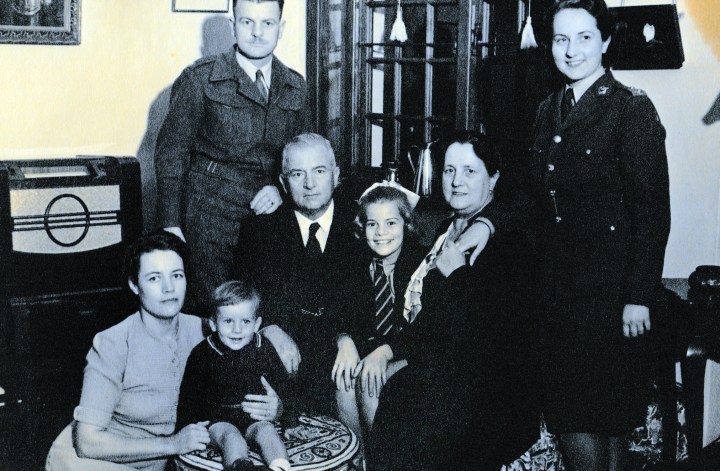
When (white) women were given the vote in 1930, Mevrou ACS Steenkamp took the opportunity to run against DF Malan for the Calvinia seat. She didn’t win – but when she died in 1959, Die Burger ran an obituary headlined, ‘Vir haar was Dr Malan baie, baie bang’. Nettie’s granddaughter told the full story to Nick Dall.
It’s any author’s worst nightmare. Just after completing a discussion about my recent book Spoilt Ballots: The Elections that Shaped South Africa at the Suidoosterfees, an elderly woman strode up to me and, pointing at a photo in one of the book’s middle chapters, declared: “My ouma!”
It goes without saying that Afrikaners of her ouma’s (grandmother’s) era come in for a serious shellacking in a book that deals with South Africa’s long-held aversion to multiracial democracy.
Steeling myself for an awkward conversation, I focused on the photo in question and realised – to my immense relief – that her ouma, ACS “Nettie” Steenkamp, and oupa (grandfather), WP Steenkamp, were two of the book’s heroes.
Malan and the Mevrou
Since winning the Calvinia constituency in a by-election in 1919, DF Malan had never had much trouble hanging on to his seat in the conservative sheep farming district. But the Women’s Enfranchisement Act of 1930 presented Erica Klocke’s grandparents with a chance to upset Malan’s apple cart.
WP Steenkamp, Erica’s oupa, was a Dutch Reformed Church dominee turned medical doctor who’d written a book in support of the theory of evolution. Malan’s biographer, Lindie Korf, describes WP as “a local politician who… regarded it as his highest calling to be a thorn in Malan’s side”. Erica says her oupa fundamentally disagreed with Malan’s stance on both evolution (Malan didn’t believe in Darwin’s theory) and race.
WP had entered politics in 1929, using his fame as the former dominee of Nieuwoudtville and Springbok to win the Namaqualand seat. Instead of risking WP’s safe seat in the 1933 election, the Steenkamps took advantage of the enfranchisement of women to get Nettie to run against Malan in Calvinia.
On a national level, the 1933 election was a non-event, as the two main parties – Hertzog’s National Party and Jan Smuts’ South Africa Party (SAP) – had agreed to form a so-called “Fusion government” together.
This meant that vast numbers of seats weren’t even contested – but this was not true of Calvinia. Nettie, like her husband WP, ran as an independent but openly campaigned for SAP votes.
As Korf puts it, “The Steenkamps certainly did not endear themselves to the Nationalists… Malan dismissed [Mrs Steenkamp] as her husband’s pawn, while he, his supporters in Calvinia and Die Burger made it clear that her ‘biting’ attacks on him were unbecoming for a woman.”
The campaign in the Northern Cape soon became toxic when, at one campaign meeting, Nettie’s own brother – AE Erlank, who was part of Malan’s campaign – started spreading false rumours about WP’s involvement in illicit diamond buying. What made the accusation even worse was that WP had brought Erlank up as his own son, putting him through school and fostering his interest in politics.
“My grandmother stormed onto the stage and, after calling him unprintable names, slapped her brother across the face,” says Erica. “She never saw or spoke to him again.”
At another campaign meeting, Smuts travelled to Calvinia to campaign on Malan’s behalf as part of the Fusion agreement. This must have been a particularly bitter pill for Smuts to swallow as the two had a long history of antagonism and Malan had already expressed serious misgivings about the so-called Fusion coalition.
Smuts’s intervention was enough to convince some SAP supporters to vote for Malan and he beat Ouma Steenkamp by a fairly comfortable 621 votes. To further rub salt into the Smuts and Steenkamp wounds, Malan broke away from the Fusion deal the following year and went on to form the Gesuiwerde (Purified) Nasionale Party. Fourteen years later, he would begin implementing “total apartheid”.
In the beginning
Antonetta Catharina Sussana Erlank was born in 1880 in Beaconsfield, near Kimberley, and topped her class at teacher training college. Willem Petrus Steenkamp, born a year earlier in Calvinia, studied theology at Victoria College, forerunner to Stellenbosch University.
After graduating in 1903, WP became assistant dominee at Beaconsfield, where Antonetta was resident organist. “Their eyes met in this little mirror that allowed the organist to see what was happening on the pulpit,” says Erica. “My oupa said it was love at first sight.” The two married and the church soon gave WP – renowned for “spellbinding” sermons – his own parish at Ermelo.
There he and his wife spent much of their time uplifting families ravaged by the Anglo-Boer War. The British had set fire to the town in 1901, with only one home and the church surviving the blaze. Rebuilding was in progress when the Steenkamps arrived.
When WP said he wanted to do a doctorate in theology in Amsterdam, Ermelo’s people clubbed together to fund him. For his doctoral thesis, he chose a curious topic, “the agnosticism of Herbert Spencer”.
Spencer has been remembered as the father of Social Darwinism – a theory later used to justify scientific racism. But Steenkamp was more concerned with, as he put it in his autobiography, how “through deep and clear scientific reasoning, Spencer had removed every vestige of ground for believing in a Supreme Being”.
Return to Namaqualand
When the new doctor of theology got back to South Africa, the church posted WP to Nieuwoudtville to try to rescue another calamitous situation. In 1906 the community dug into their pockets to build a magnificent sandstone church. But a sticky-fingered verger ran away with the kitty and the town was saddled with £12,500 of debt.
The Steenkamps arranged a series of community bazaars and, in three years, the debt was repaid. At the first bazaar, more than 4,000 sheep and 200 donkeys and cattle were donated and even the poorest gave what they could – even a handmade broom of twigs.
Double whammy
The outbreak of World War 1 in 1914 brought personal tragedy to the Steenkamps. When South Africa’s parliament decided to join the war on the side of Britain, many Boers recoiled at the thought of fighting for the enemy and talk of revolt was rife. But WP believed rebellion would be futile. He visited General Manie Maritz to tell him as much. When Maritz later refused to invade German South West Africa, Steenkamp was arrested for colluding with the rebel leader and jailed on charges of high treason.
Steenkamp was, in his own words, “as innocent as a babe”. The state’s chief witness refused to implicate him in the rebellion, but still the judge found him guilty and he spent 11 months behind bars for a crime he didn’t commit.
Shortly after his release, his infant daughter Emmanuela suffered a bout of croup. In the dark of the unelectrified night, “my oupa handed my ouma a bottle of creosote and, thinking it was cough mixture, they forced the screaming baby to drink it”, recounts Erica.
“She died a few days later. Even as an old man, I remember my oupa sobbing about Emmanuela during his nightly prayers.”
In 1916 Erica’s mother, Vivia Perpetua (“eternal life” in Latin), was born. Three years later WP was called to be the dominee at Springbok. There, the Steenkamps again pulled off a fundraising miracle. WP travelled as far as Graaff-Reinet selling springbok karosse made by his parishioners. The proceeds built the charming stone church that remains in use to this day.
While in Springbok, WP was hailed as a prophet for telling the people of Bowesdorp to move their town from the bottom of a narrow kloof to higher ground. The new town, Kamieskroon, was established in 1924 and – a few years later – what remained of Bowesdorp was flooded.
The two Dr Steenkamps
In 1923 WP and his son (also WP), travelled to Louisville, Kentucky, to study medicine. Once he’d qualified as a GP, WP Senior came home and was involved in building the NG Kerk in Parow. But, after his time in America, returning to the NG Kerk was like trying to put a square peg in a round hole.
Personally, WP had reconciled his scientific belief in evolution with his faith in God – but the church at the time was not as open-minded.
The final straw came in World War 2 when AJ van der Merwe, a senior figure in the NGK, stood up in the Groote Kerk in Cape Town and prayed for Hitler. “After that my grandfather never set foot in a church again,” says Erica. “But he continued to pray every day of his life.”
Shedding the robes
WP Senior opened a medical practice in Cape Town’s Greenmarket Square and built the house in Tamboerskloof where Erica grew up. Many patients came from Bo-Kaap and if he saw that a family couldn’t afford his rates, he’d adjust the price.
When Dr Abdullah Abdurahman, South Africa’s first coloured city councillor and founder of the African Political Organisation, died in 1940, WP took over many of his patients.
“My oupa and ouma were celebrities in the Bo-Kaap,” remembers Erica. “They were invited to every Muslim wedding and I couldn’t walk past a fruit vendor without being offered a pear or a banana.”
But WP didn’t limit himself to helping the community medically. In 1929, inspired by a desire to expand the Olifants River irrigation scheme across a much wider swathe of Namaqualand, WP went into politics.
The 1929 election has gone down in history as the “swart gevaar election” for the way in which JBM Hertzog leveraged fear of “black inundation” to get votes. If you don’t vote for us, their argument went, “natives” will “rape your women and steal your jobs”. The white public swallowed it and for the first time the Nats achieved an outright parliamentary majority.
WP ran as an independent in the Namaqualand constituency, handily beating Nat candidate JP Mostert by 1,258 votes to 502. Four years later, the enfranchisement of women gave the Steenkamps the chance to go one better.
The 1933 poll was Nettie’s first and only foray into politics, but WP continued to serve as MP for Namaqualand until 1938. He then switched seats to go up against his brother-in-law and arch-nationalist AE Erlank – the man Nettie had slapped – in Calvinia.
WP, standing for the United Party, won by a nail-biting 112 votes and continued to serve the people of Calvinia until 1943, and the UP as a senator from 1946 to 1948.
But politics was always a side gig for WP. He worked as a GP until three days before his death, aged 77, in 1956. When Nettie died three years later, Die Burger ran an obituary headlined: “Vir haar was Dr Malan baie, baie bang.” DM168
This story first appeared in our weekly Daily Maverick 168 newspaper, which is available countrywide for R25.

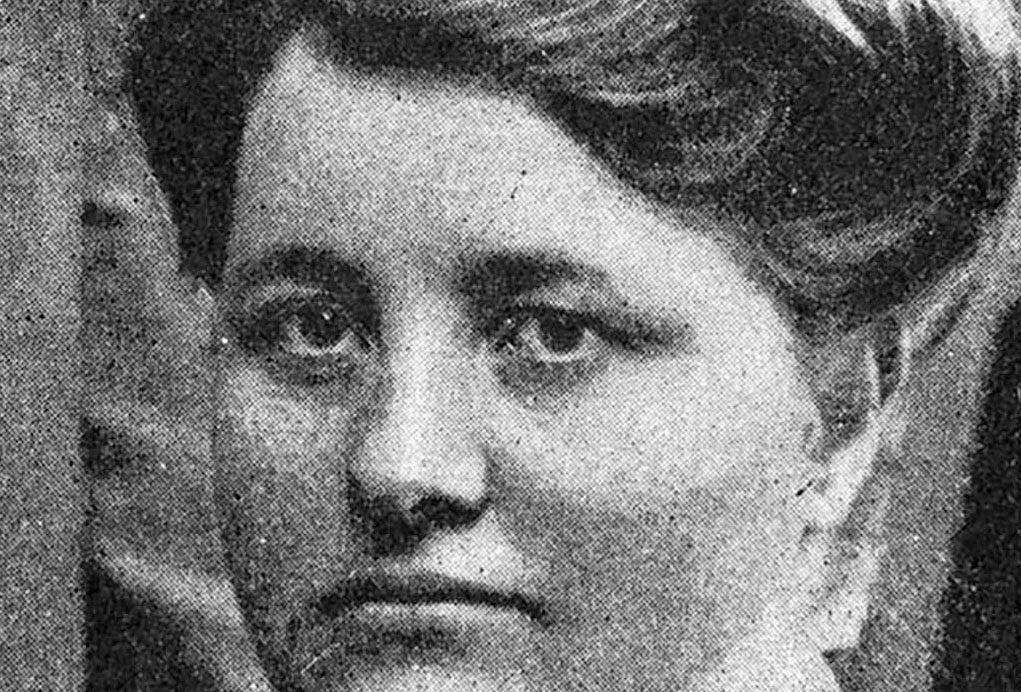
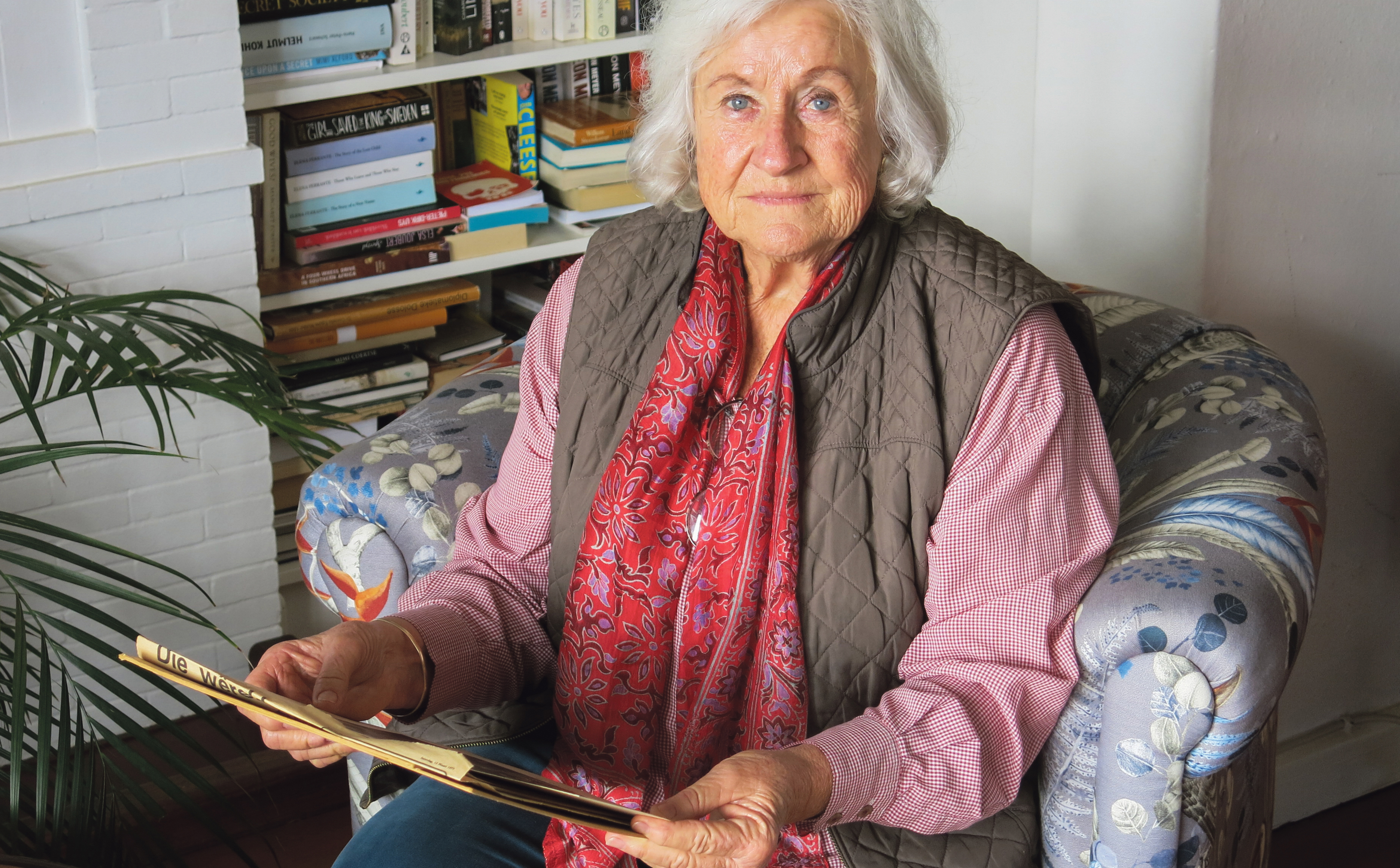
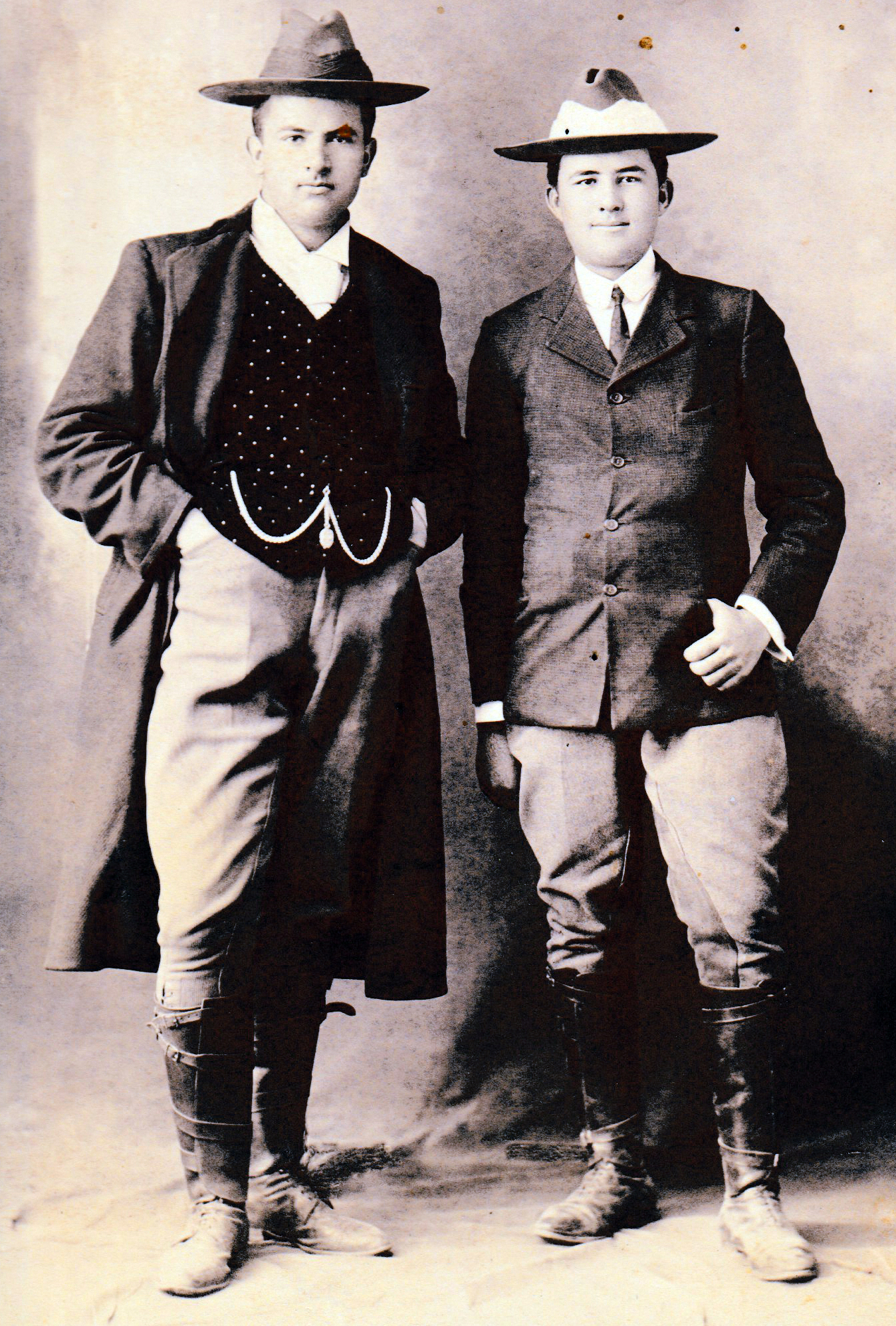
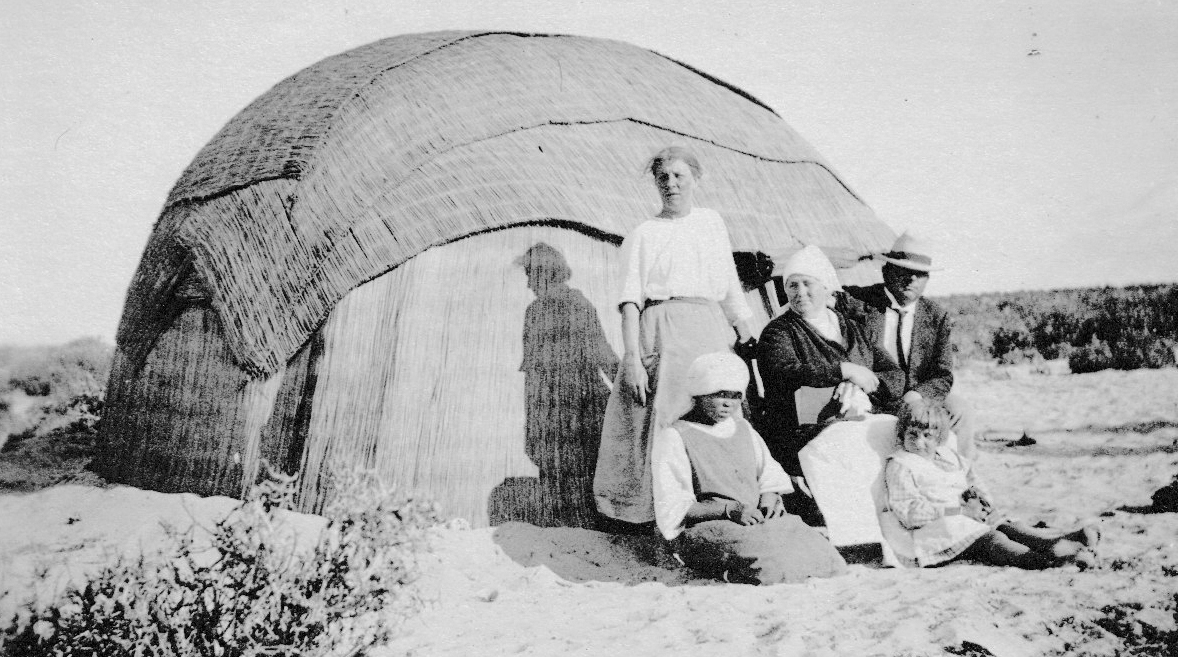

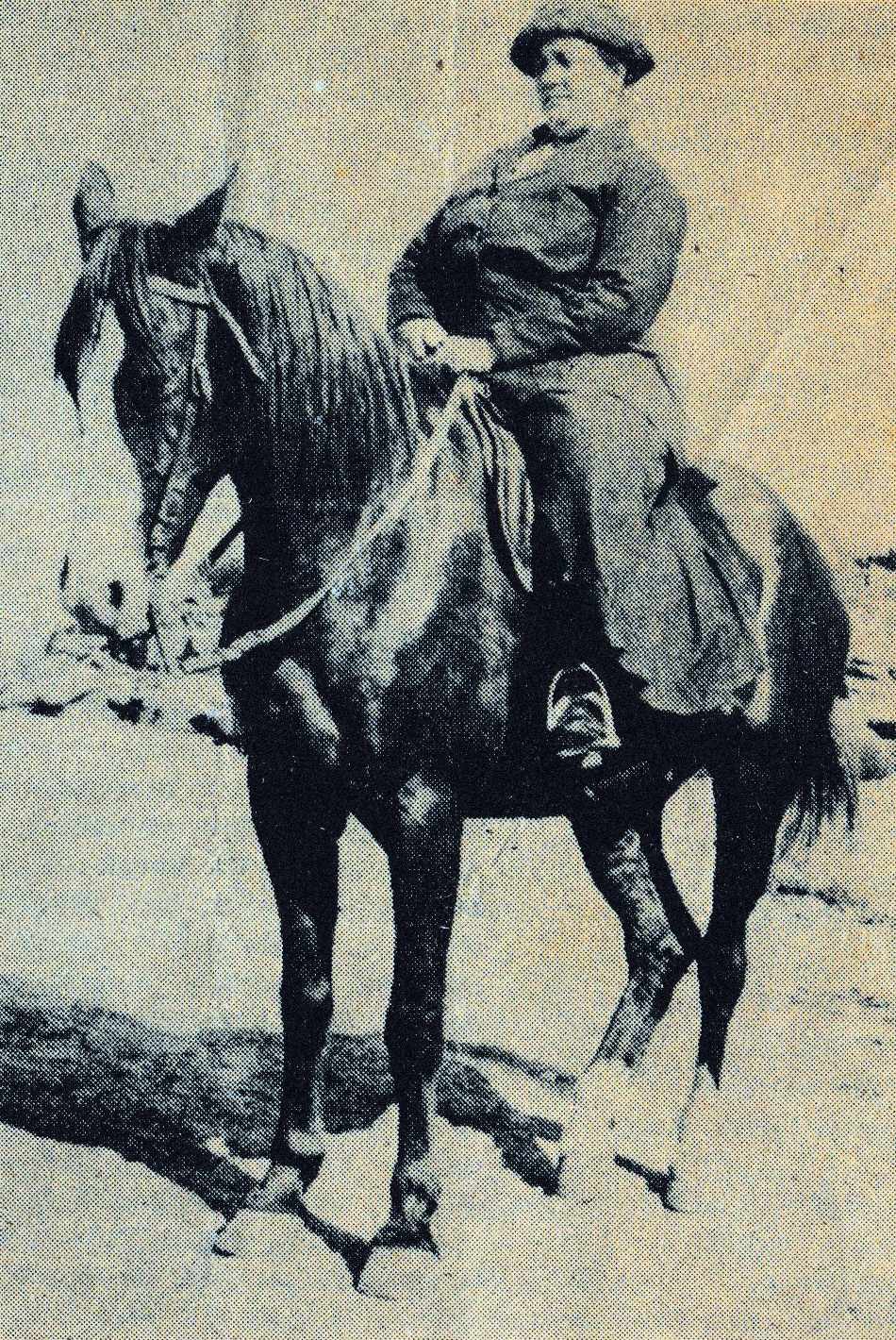
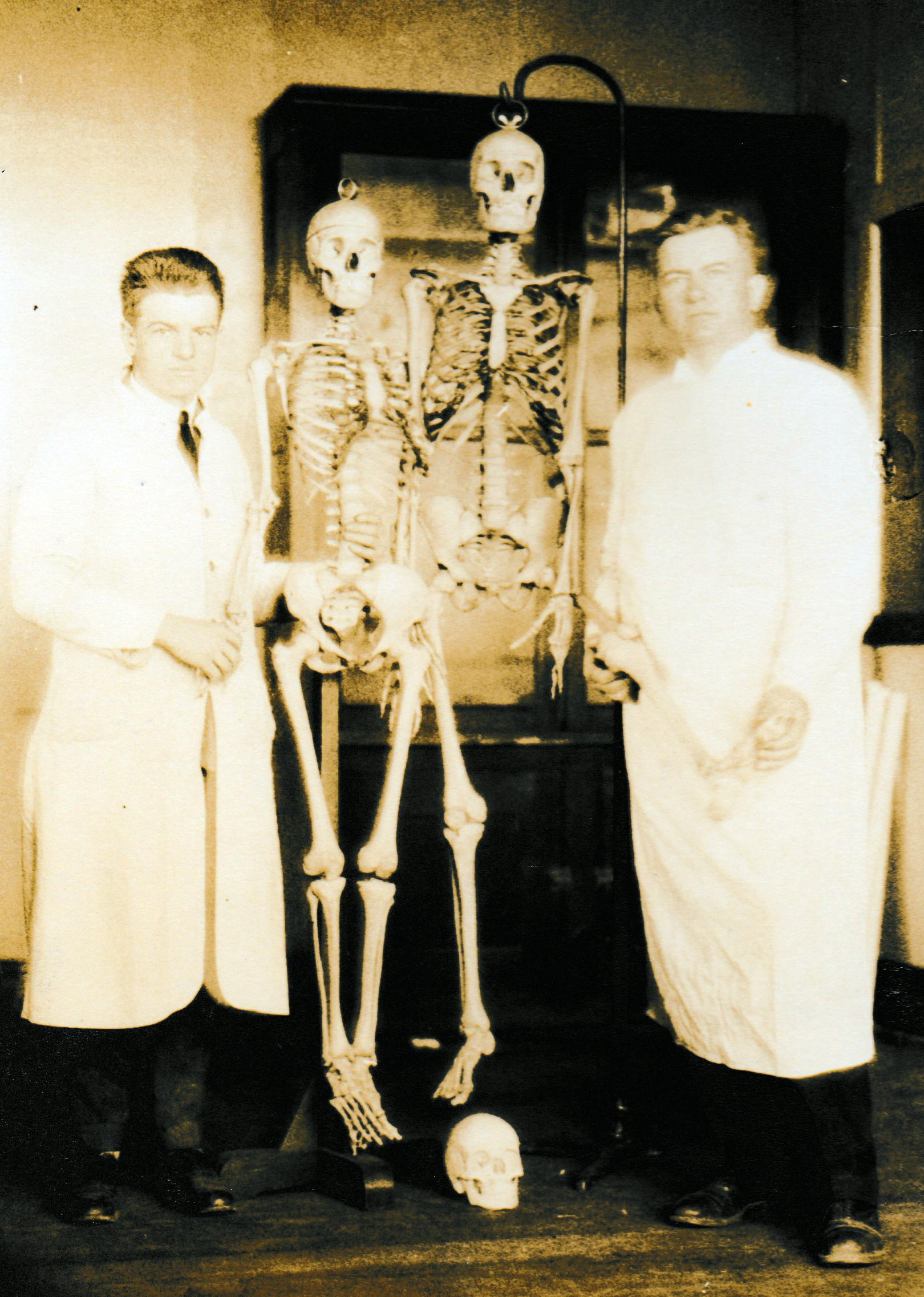
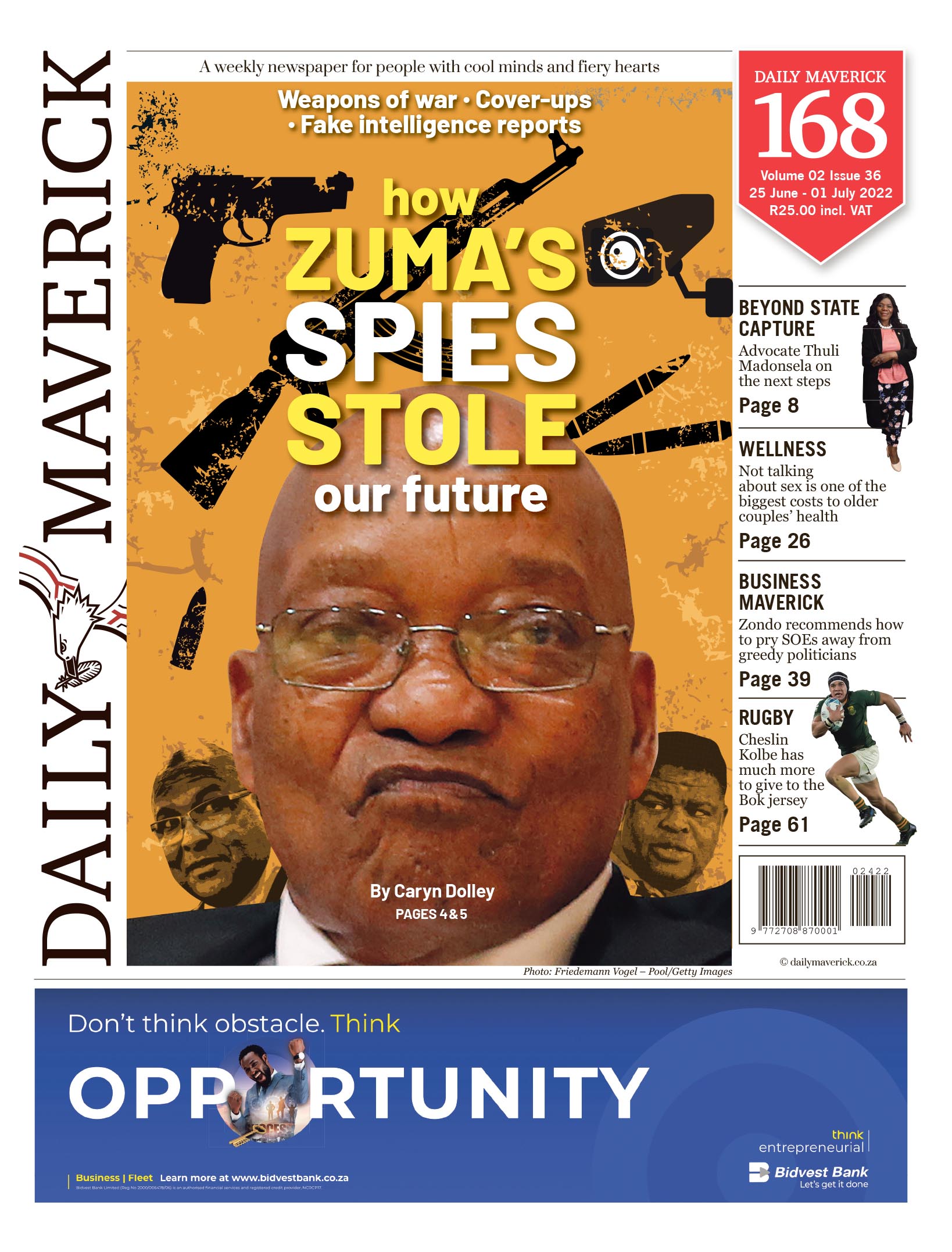


















 Become an Insider
Become an Insider
It is for articles like these that I am Daily Maverick Insider. This is solid, interesting writing. Thank you.
Great read. Thank you.
Excellent!
So interesting thank you! I can’t decide wether the author should’ve titled his book “Spoiled” or “Spoilt” ballots – I think the former. Great reading, thank you.
Good to read about people who lived up to their principles and did so much good
What a lovely piece of our history! Thanks.